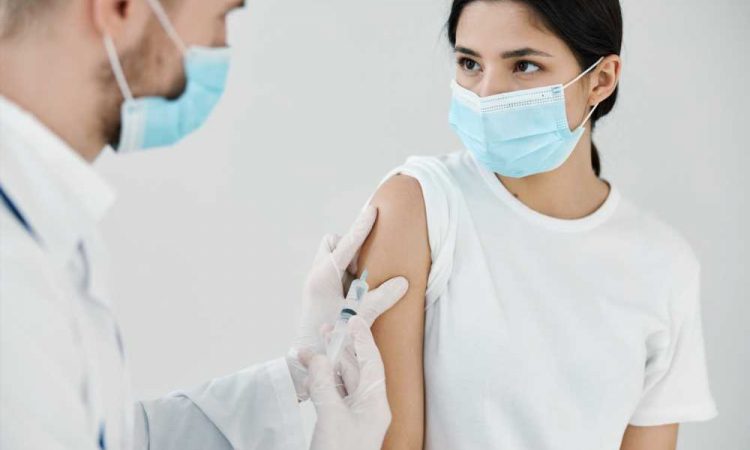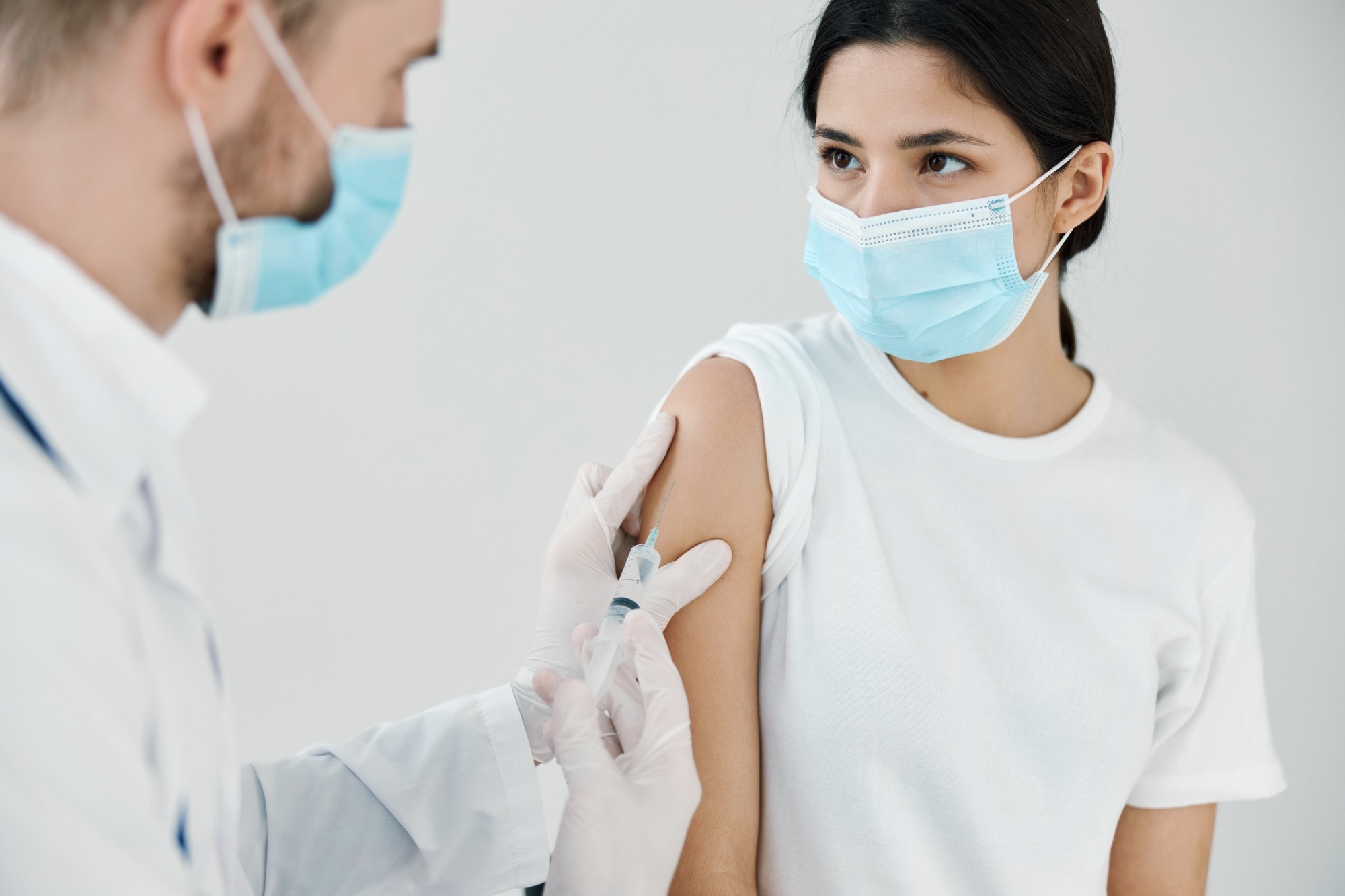Does IQ influence COVID-19 vaccination decision-making?

In a recent article published in the Journal of Health Economics, researchers evaluate whether an individual's cognitive ability contributed to their decision to get vaccinated against the coronavirus disease 2019 (COVID-19). The researchers also assessed whether providing pre-booked COVID-19 vaccination appointments could alleviate observed heterogeneity in COVID-19 vaccine uptake.
 Study: Cognitive ability, health policy, and the dynamics of COVID-19 vaccination. Image Credit: ShotPrime Studio / Shutterstock.com
Study: Cognitive ability, health policy, and the dynamics of COVID-19 vaccination. Image Credit: ShotPrime Studio / Shutterstock.com
Background
Several factors influence an individual's decision to get vaccinated against COVID-19 throughout the world. Many countries adopted the evidence-based opt-in vaccination strategy, which enabled prompt vaccination of a large share of their population.
However, this one-size-fits-all approach was ineffective in vaccinating many sections of the population. Although public health authorities initiated alternative vaccination approaches, they were unable to fully overcome COVID-19 vaccine hesitancy.
What factors contribute to the observed heterogeneity in COVID-19 vaccination behavior remains unclear. This information is crucial for designing an effective vaccination program that overcomes the limitations of the one-size-fits-all approach.
Psychologists argue that COVID-19 vaccination-related decision-making requires processing complex information; thus, poor cognitive abilities may directly impact an individual's decision. The positive correlation between cognitive ability and health behaviors explains why lower scores in cognition tests could lead to higher morbidity and mortality in certain populations.
Surveys evaluating people's attitudes towards the COVID-19 vaccine concluded that people with higher cognition had a more positive attitude about vaccination as compared to those with lower cognitive abilities.
It is crucial to understand whether cognitive ability directly impacts vaccination behavior. This information could support the development of effective policies that increase vaccine uptake among individuals with cognitive deficits to ultimately reduce health inequities and positively impact public health.
About the study
In the present study, researchers used administrative data of over 700,000 Swedish nationals, 750,381 of whom were men and 2,703 women between 42-59 years of age, collected in 2021. COVID-19 vaccination data were matched with scores on cognitive ability tests taken when they were 18 years old to capture general intelligence.
Test scores were standardized on a stanine scale, with nine and one representing the highest and lowest test scores corresponding with intelligence quotient (IQ) exceeding 126 and less than 76, respectively. Regression analyses were used to account for any differences in scores across study cohorts.
COVID-19 vaccination data were obtained from the Swedish National Vaccination Register, which included the date of vaccination from December 2020 onward. This enabled the researchers to characterize the association between cognitive ability and vaccinations throughout the study period.
The date when the vaccine first became available based on age and region of residence was one variable considered in the study.
Likewise, a key outcome was the time of receipt of the first dose after the COVID-19 vaccine became available. This data allowed the researchers to determine whether an individual received their first vaccine dose within 90, 180, 270, or 360 days of its availability.
Another binary variable included whether the individual received the second dose within 180 days of taking the first dose.
A sample of the 3,375 pairs of twin brothers was also studied to control for confounding factors due to unobserved family environment background. This subset of twins was remarkably similar to the primary study cohort regarding their socioeconomic characteristics and the relationship between cognitive ability and vaccination.
Study findings
Individuals with the highest cognitive ability score attained a vaccination rate of 80% within 50 days of COVID-19 vaccine availability. Comparatively, those with the lowest cognitive scores reached 80% vaccine update after 180 days.
Regression analyses confirmed that variables like education, income, and family background mediated some of this effect. Nevertheless, the relationship between cognitive ability and COVID-19 vaccination remained quantitatively and statistically significant in all specifications.
Regression estimates demonstrated that pre-booked appointments increased the vaccination rate for individuals with the lowest cognitive ability score by 12.5 percentage points. Thus, this policy conferred higher benefits to groups comprising individuals with lower cognitive ability scores.
Conclusions
The study findings demonstrate that simplifying the COVID-19 vaccination decision-making process by adopting pre-booked appointments could help overcome vaccination hesitancy among individuals with lower cognitive abilities. Although it is not ethically and politically feasible to directly target individuals with specific cognitive abilities, simplifying the process might significantly benefit them.
- Elinder, M., Erixson, O., & Ohman, M. (2023). Cognitive ability, health policy, and the dynamics of COVID-19 vaccination. Journal of Health Economics. doi:10.1016/j.jhealeco.2023.102802
Posted in: Men's Health News | Medical Research News | Women's Health News | Disease/Infection News | Healthcare News
Tags: Coronavirus, Coronavirus Disease COVID-19, Education, Mortality, Public Health, Twins, Vaccine

Written by
Neha Mathur
Neha is a digital marketing professional based in Gurugram, India. She has a Master’s degree from the University of Rajasthan with a specialization in Biotechnology in 2008. She has experience in pre-clinical research as part of her research project in The Department of Toxicology at the prestigious Central Drug Research Institute (CDRI), Lucknow, India. She also holds a certification in C++ programming.